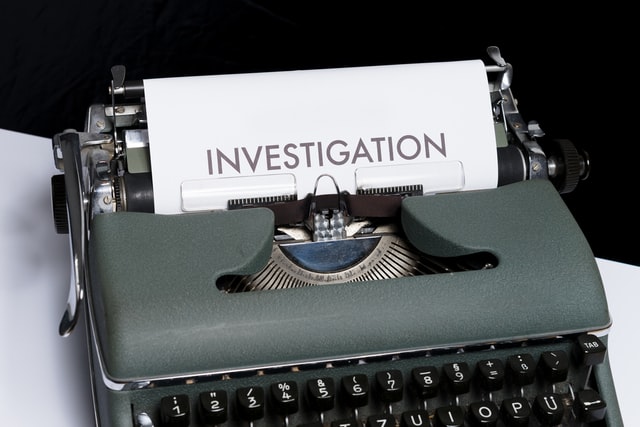
In some instances, evidence that points to a defendant’s guilt may have been obtained illegally. For example, by a police search without a warrant, or a covert video of a crime being committed.
Curiously, the New South Wales Evidence Act, gives the court discretion to admit illegally or improperly obtained evidence if the ‘desirability of admitting the evidence outweighs the undesirability of admitting the evidence’.[1] When making this decision the court must consider several factors:
(a) the probative value of the evidence, and
(b) the importance of the evidence in the proceeding, and
(c) the nature of the relevant offence, cause of action or defence and the nature of the subject-matter of the proceeding, and
(d) the gravity of the impropriety or contravention, and
(e) whether the impropriety or contravention was deliberate or reckless, and
(f) whether the impropriety or contravention was contrary to or inconsistent with a right of a person recognised by the International Covenant on Civil and Political Rights, and
(g) whether any other proceeding (whether or not in a court) has been or is likely to be taken in relation to the impropriety or contravention, and
(h) the difficulty (if any) of obtaining the evidence without impropriety or contravention of an Australian law.
Problems with Admitting Illegally Obtained Evidence
When the illegally obtained evidence is of high probative value[2] – meaning it is likely to assist the court in proving the fact or facts in dispute, courts may want to admit the evidence to best determine the outcome. However, the judge must consider the policy concerns associated with admitting illegally obtained evidence.
First, when the court decides to look at evidence illegally acquired by the police – it can have the negative effect of showing that the courts are willing to tolerate police misconduct. For example, if a police officer illegally searches a property, obtains evidence, which is then admitted and used to convict a defendant. It might look as though the misconduct is condoned and could act as encouragement for police to obtain illegal evidence again in future because of the court’s willingness to accept it.[3] If the judge refuses to admit the evidence it sends a message of deterrence[4], encouraging police to only obtain the evidence by legal means.
Secondly, admitting the evidence that was illegally obtained, sends a wider message to the community that the legal system is willing to tolerate law enforcement authorities breaching the law. Begging the question, how can the law be followed if the ones enforcing the law are not even abiding by it themselves. However, sometimes the evidence will be so desirable or necessary to prove the disputed facts that the courts will use their discretion and have the evidence admitted.
Thankfully, admission of illegally obtained evidence is a high threshold to meet, the onus lies with the prosecution to persuade the court that the evidence is so valuable to the case that it must be admitted, which the court still has the discretion to refuse.
In addition, the High Court has recently expressed that illegally obtained evidence will rarely be admitted. In Kadir v The Queen; Grech v The Queen[5], a video was secretly taken of greyhound race training, in which live rabbits were being used as bait. Filming without consent is illegal under the Surveillance Devices Act.[6] The evidence spurred further investigations and more evidence supporting the prosecutions’ case was lawfully obtained, including an admission of guilt and a search warrant by RSPCA.
Ultimately, the covert video was not allowed into evidence, but the lawfully obtained evidence was admitted. The decision reiterates, that usually the court will not allow illegally obtained evidence into the court, especially if there is other lawful evidence which can be used to prove or disprove the facts in issue.
If you or someone you know has been charged with a criminal offence or has an employment law issue, contact Rep-Revive Criminal & Employment Lawyers ® on (02) 9198 1996.
[1]Evidence Act 1995 (NSW) s 138.
[2] Jeremy Gans & Andrew Palmer, Andrew Roberts, Uniform Evidence (Oxford University Press, 3rd ed, 2019) 452.
[3] Jeremy Gans & Andrew Palmer (n 2) 80-84.
[4] Tom Bathurst and Sarah Schwartz, ‘Illegally or Improperly Obtained Evidence: in Defence of Australia’s Discretionary Approach’ (2016) 13(1) The Judicial Review 79, 84.
[5] [2020] HCA 1 A.
[6] Surveillance Devices Act 2007 (NSW) s 8(1).
0 Comments
Post Comment